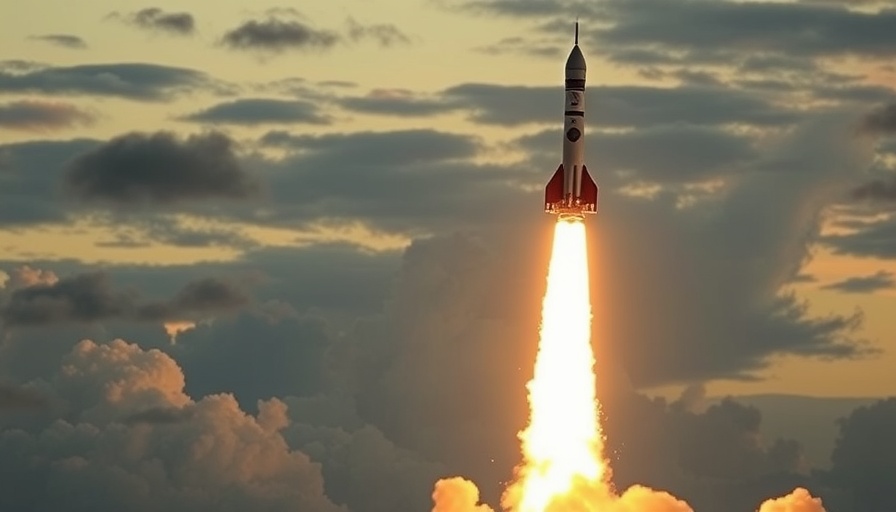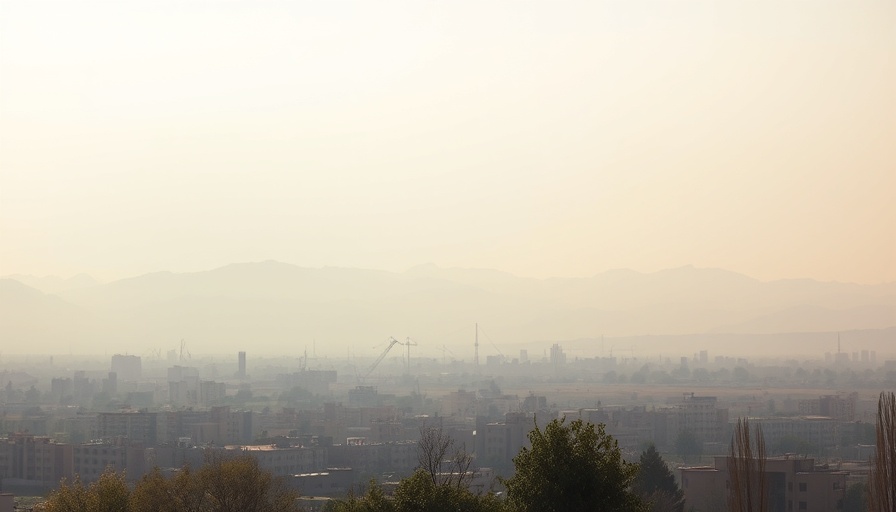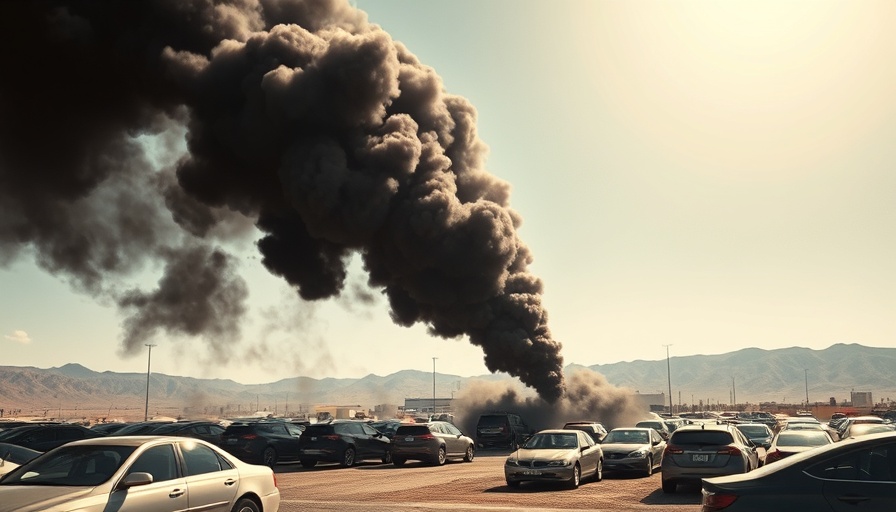
Iran's Ambitious Satellite Plans: The Meaning Behind the 'Soleimani' Namesake
As Iran prepares to launch a series of spy satellites named after Qasem Soleimani, the commander of the Quds Force assassinated in 2020, geopolitical tensions are rising. The Iranian space agency has announced that the launches are scheduled for completion by mid-March 2026, showcasing the nation's desire to enhance its surveillance capabilities in a region viewed as increasingly hostile.
Understanding the Stakes: Why Satellite Technology Matters
Western officials express concern that these satellite launches may serve as a façade for advancing Iran's long-range missile program. Satellite technology can be crucial for improving missile guidance systems, which could pose a significant threat, not only to regional adversaries but also to global peace. This advancement in capability has implications far beyond Iran’s borders, potentially triggering an arms race in the Middle East that could further destabilize an already volatile region.
The Historical Context of Qasem Soleimani
Soleimani was a key figure in Iran's military and foreign policy, overseeing operations that supported Iran's influence across the Middle East, particularly in Syria and Iraq. By naming these satellites after him, Iran not only honors his legacy but also sends a clear message of resilience and defiance against perceived Western aggression. For many in Iran, this move represents national pride and a commitment to technological advancement despite international sanctions.
Lesions from Current Events: Tensions Escalate Globally
The timing of Iran's satellite launches coincides with heightened tensions between Iran and Israel, which has previously launched attacks on Iranian facilities. In addition, the backdrop of global interconnectedness amid humanitarian crises and religious tensions adds another layer to this complex scenario. Christians and other minority groups in the region are particularly concerned about how these developments might affect their safety and freedom to practice their faith.
What This Means for Christians and Social Justice Advocates
For globally aware Christians and social justice advocates, Iran’s military advancements may raise concerns regarding persecution and the rights of religious minorities. The Iranian government should be held accountable to protect the rights of all citizens, especially vulnerable populations that often bear the brunt of such geopolitical conflicts.
Actionable Insights: Ways to Respond
In light of these developments, concerned individuals can advocate for humanitarian support and religious freedom initiatives that address the fears of persecution faced by minorities in Iran and the surrounding region. Support from the international community can play a vital role in standing up for those whose voices often go unheard amid geopolitical tensions.
 Add Row
Add Row  Add
Add 








Write A Comment